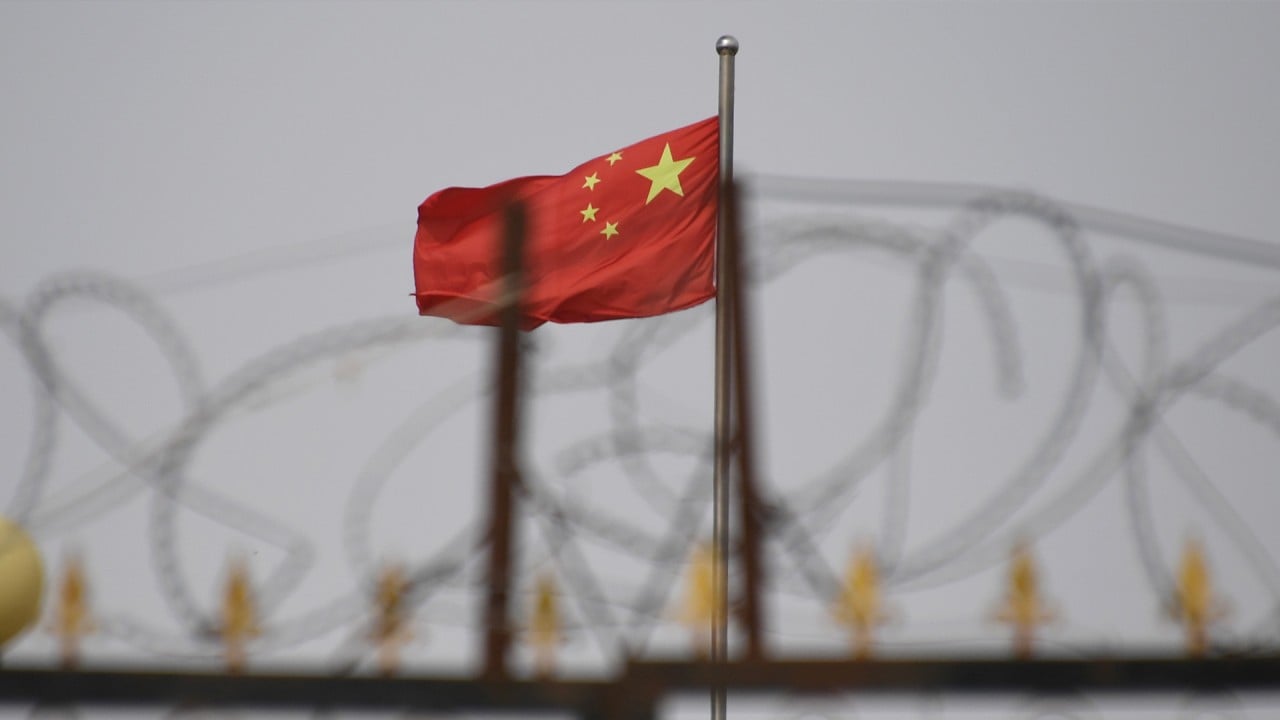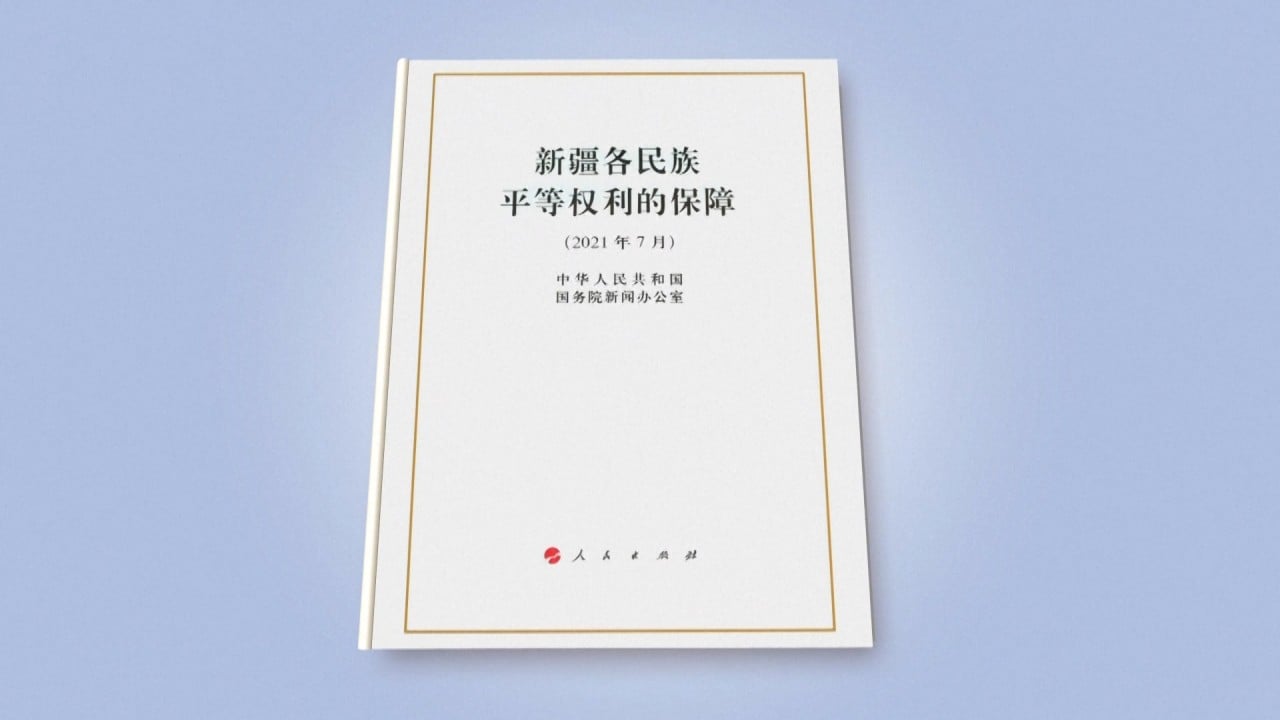
China promotes its most sanctioned official to Tibetan Communist Party chief
- Wang Junzheng made his name as head of security in Xinjiang and in March was listed on multiple Western sanctions lists
- He will take over as party secretary in Tibet, replacing Wu Yingjie who is retiring

03:36
Beijing hits back at Western sanctions against China’s alleged treatment of Uygur Muslims
He served as Xinjiang’s security chief from 2019 before starting his most recent role last year as political commissar of the paramilitary Xinjiang Production and Construction Corps, while retaining his post as deputy party chief.
Wang will be taking over in Tibet from Wu Yingjie when he retires at the age of 65 in two months’ time.
How is China’s Communist Party structured?
Wang’s promotion was among a handful of appointments of regional chiefs announced on Tuesday, as Beijing ramps up preparations for the 20th party congress – a five-yearly power reshuffle – due to take place next autumn.
Wu Zhenglong, governor of Jiangsu, has been promoted to party secretary of the coastal province. Zhang Qingwei, party secretary of Heilongjiang province in northeast China, has secured the top party job in the more significant industrial province of Hunan in the central part of the country. Both Wu and Zhang served for decades in China’s state-owned machinery and national defence sector.
Liu Ning, governor of the northeast province of Liaoning, was promoted to party secretary of Guangxi in the southwest. And Fujian governor Wang Ning has also been promoted to party secretary of Yunnan province.

01:50
China claims improved living standards and ethnic equality in Xinjiang while ignoring allegations
Just months into his security role in Xinjiang in 2019, Wang promised to ramp up pressure against terrorism and give police better technology to do their job.
In a statement published by state-run outlets in Xinjiang immediately after the March sanctions, Wang said he had no interest in going to the countries that sought to punish him.
“I need to stress that I have no interest at all in travelling to the European Union, the United States, Britain or Canada,” he was quoted as saying. “I don’t have a cent of savings in these places.”
Wang added that no forces could deter Xinjiang’s progress towards stability and prosperity.
Wang is not the only official whose career has been untouched by Western sanctions.
Sun went on to become the party chief of the Ministry of Ecology and Environment in April and has been a key player in conservation policies, taking part in the United Nations Biodiversity Conference in Kunming last week.

